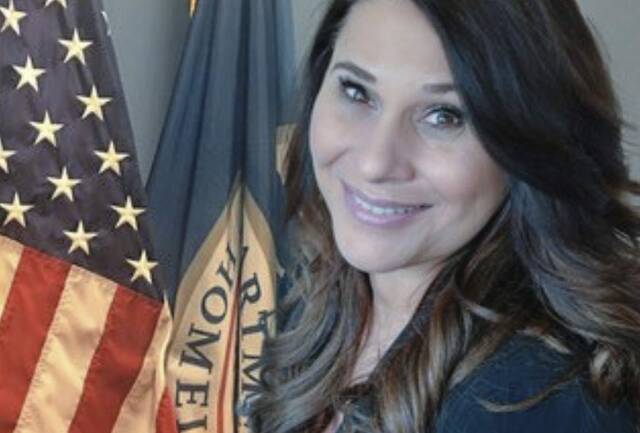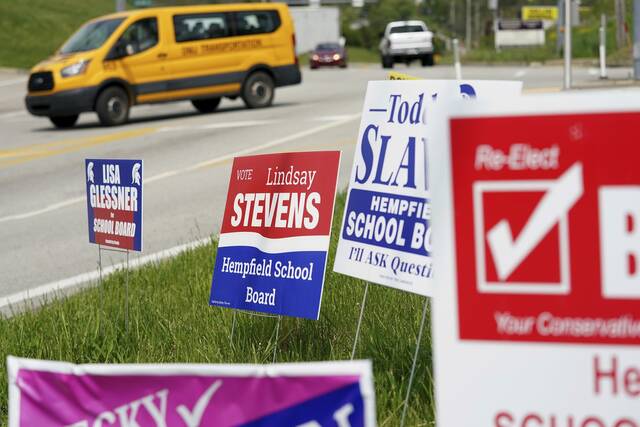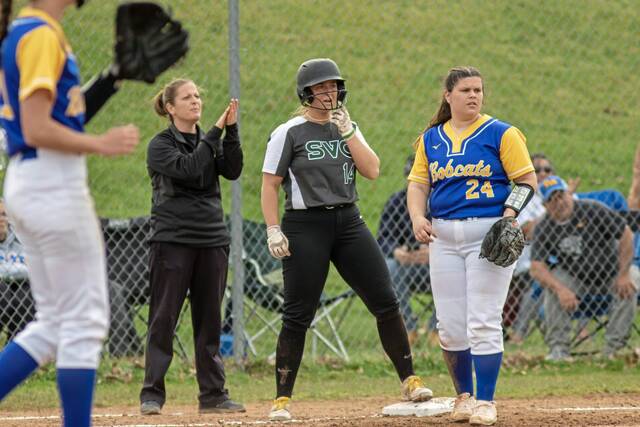For Derry native Kelly DeGraff, it’s no cliché to say that being a federal employee is about making a difference.
For the past two decades, she has done just that as director of the insurance and mitigation readiness division at the Federal Emergency Management Agency.
There, she works as a senior leader for the agency’s Federal Insurance and Mitigation Administration, or FIMA, hiring, developing and deploying more than 2,500 members of federal hazard mitigation teams. Over the past year, they have worked not just on recovery efforts during hurricane season but also managing those efforts in a safe way during the covid-19 pandemic.
U.S. Department of Homeland Security officials announced that DeGraff was one of 45 applicants chosen from a field of more than 1,000 for a program which grooms high-level federal employees for senior executive positions.
Department officials describe it as “the federal government’s top cadre of managers.”
“Part of the program is a four-month detail in the senior executive service, and at the end of the program, about 70% of the candidates go on to senior executive roles,” said DeGraff, 50, a 1988 Derry Area High School graduate.
During her time with FIMA, DeGraff said there has been no such thing as a typical day.
“It’s all about agility,” she said. “It’s about being flexible. The heart of our mission is about helping people when they’re in their greatest time of need.”
During hurricane season, that meant adapting and using drones to assist with virtual damage assessments, as well as using virtual means to perform survivor intake services and assistance.
During the pandemic, it meant safely setting up joint field offices to provide services and information. DeGraff said the experience accelerated the agency’s need for innovation.
“We found we were able to do things remotely that we’d never have considered in a pre-pandemic world,” she said. “People who come to our joint field offices are those with the accessibility to get there. And pre-pandemic, if you missed an event like that, you missed it. But we were able to use things like Teams and Zoom to set up different resource offerings virtually.”
DeGraff said that in the future, this sort of hybrid model is the way FIMA plans to operate.
“We want to find ways to reach underserved communities and bring in what we’ve learned from this virtual pandemic model,” she said.
She isn’t certain where the upcoming leadership training will take her.
“When I took the oath in my first government job, you swear to uphold the Constitution, and I want to go where I can make a difference,” she said. “If that continues in the emergency management field, that’s where I want to go. If it’s somewhere else, that’s where I want to go. But working with FIMA, that mission is very compelling.”








